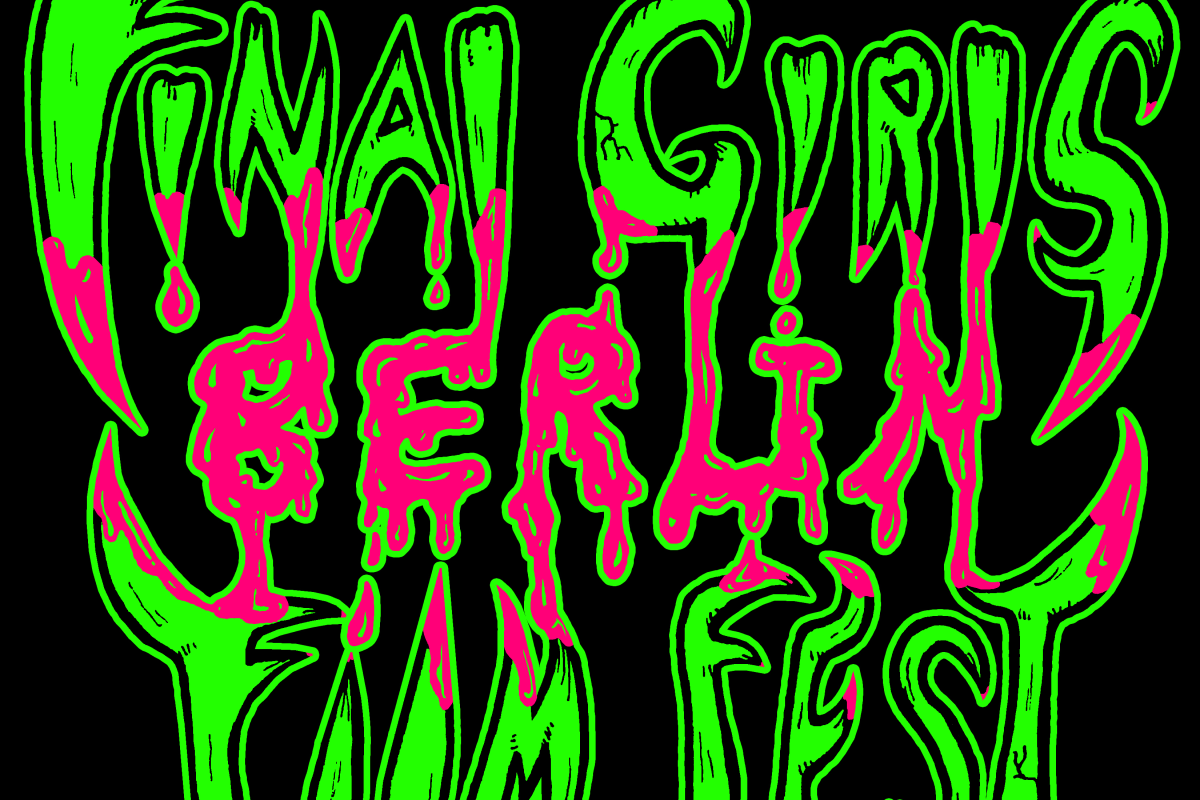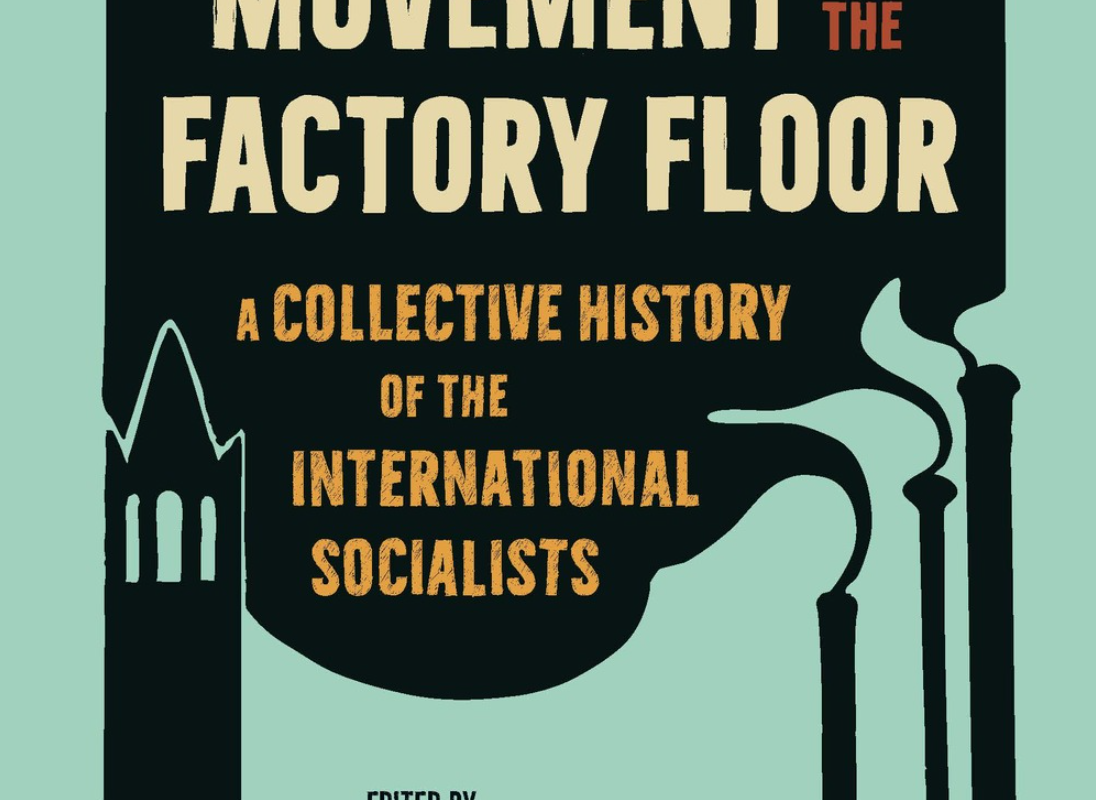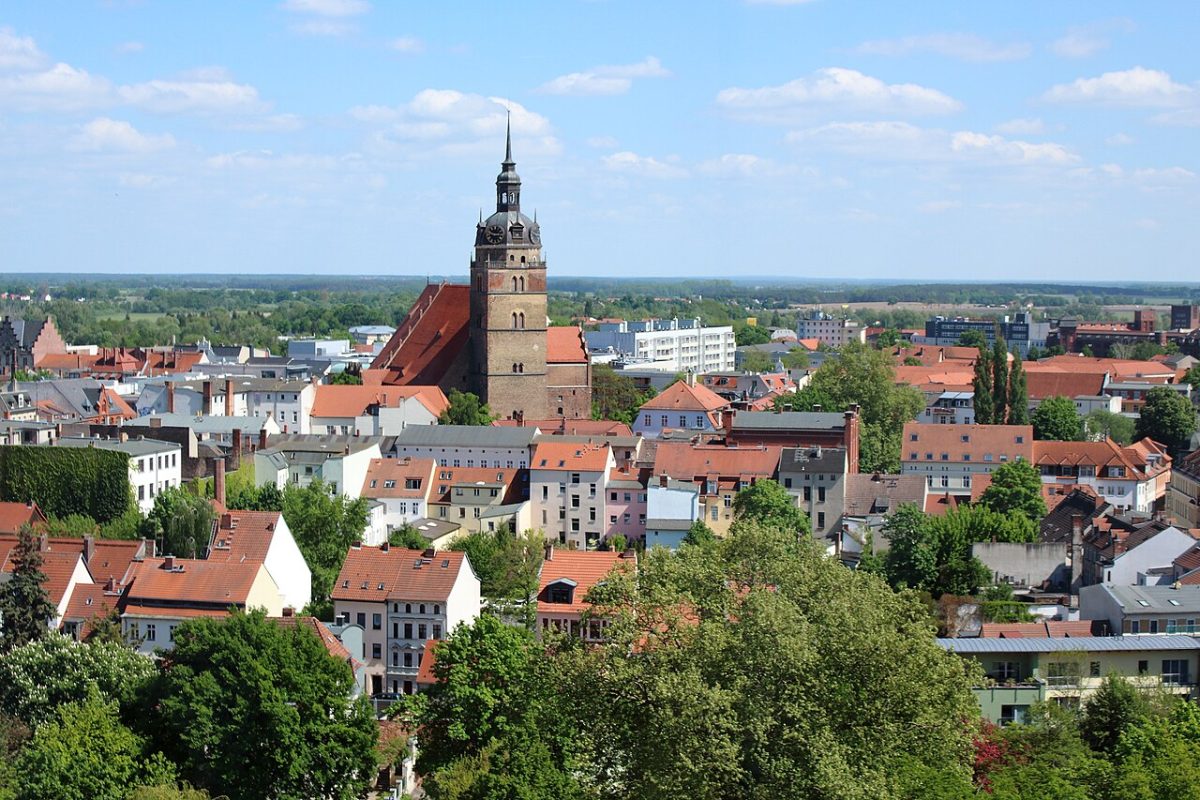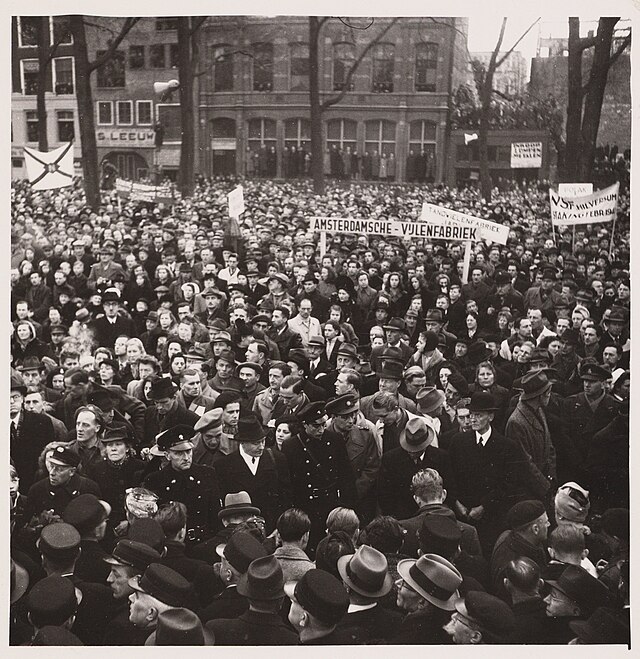India as a nation is known to the world for its diversity, rich culture, divisions between rich and poor, and recently, it has become famous for the art of yoga. However, among all these aspects that resemble India, one reality that affects every Indian and many South Asians is Caste. Caste is a social system operating in India, which divides every person and the occupation they perform, where and how they live and are perceived by the society, by a person’s birth.
Generally, it is assumed that caste was a matter of the past! It does not exist in India today! As much as one wants to believe it, this remains untrue, as caste still adversely dominates the lives of various marginalized communities in India, especially the lower-caste communities like the Dalits. While being born as upper-caste gives an individual the social, economic, and political capital, birth as a lower-caste deters an individual from accessing even fundamental human rights. Thus, the caste-based social system created by humans to determine that some communities enjoy the privileges and those privileges remain intact only within and for these communities still structures every individual lives in India.
To keep this system intact, inhumane and brutal crimes are committed against the lower-castes, especially the Dalits and Indigenous communities. While there are constitutional provisions to protect these communities and increase their representation in the state and educational institutions, they remain dominated by the upper-castes communities. Dalits also resist the social domination practiced by the upper-castes; however, they often get more victimized in fighting for their rights and against caste dominance. But the struggles of Dalits are continuing despite the backlash.
What is Dalit History Month?
The system of “caste” is based on the premise of structural social inequality. Consequently, Dalits (formerly “Untouchables”) are relegated as inferior human beings and are ostracized socially, politically, and economically. This is not just a South Asian phenomenon; it affects approximately 260 million people worldwide. Experiences of caste-based discrimination among South Asian migrants in the UK, Europe, and North America have been surfacing within the public domain as Dalits increasingly assert themselves.
The month of April is celebrated as Dalit History Month, in honor of Dr. B. R. Ambedkar – dedicated human rights activist and founding father of modern India. We aim to bring Dalit voices to the fore through the commemoration of Dalit History Month. Our effort is to foster a discussion about the long struggle of Dalits and their discourses.
On the occasion of Dalit History Month, the South Asian Scholars and Activists Solidarity (SASAS Germany), in cooperation with the Rosa Luxemburg Stiftung, are organizing a lecture series which aims to underline the various dimensions related to Caste and Dalits. We have invited five Dalit and anti-caste scholars and activists from India to share their research work and thoughts on Caste.
-
Dr. Rupali Bansode shall address the fundamental questions around Caste and examine the historically practiced gendered nature of sexual violence against Dalit women by the upper-caste men.
-
Ms. Swati Kamble shall trace the impact of Dalit women’s activism on the policy process in the Indian state of Maharashtra. In her presentation,
-
Ms. Christina Dhanaraj shall highlight the Dalit community’s heterogeneity by discussing the rich histories of Dalit Christians of India.
-
Aroh Akunth will shed a spotlight on the legacy that Dr. B.R. Ambedkar has left behind for Queer movements.
-
Dr. Gajendran Ayyathurai will focus on the deep history of the casteless Indians and their resistance against the Brahminical system.




